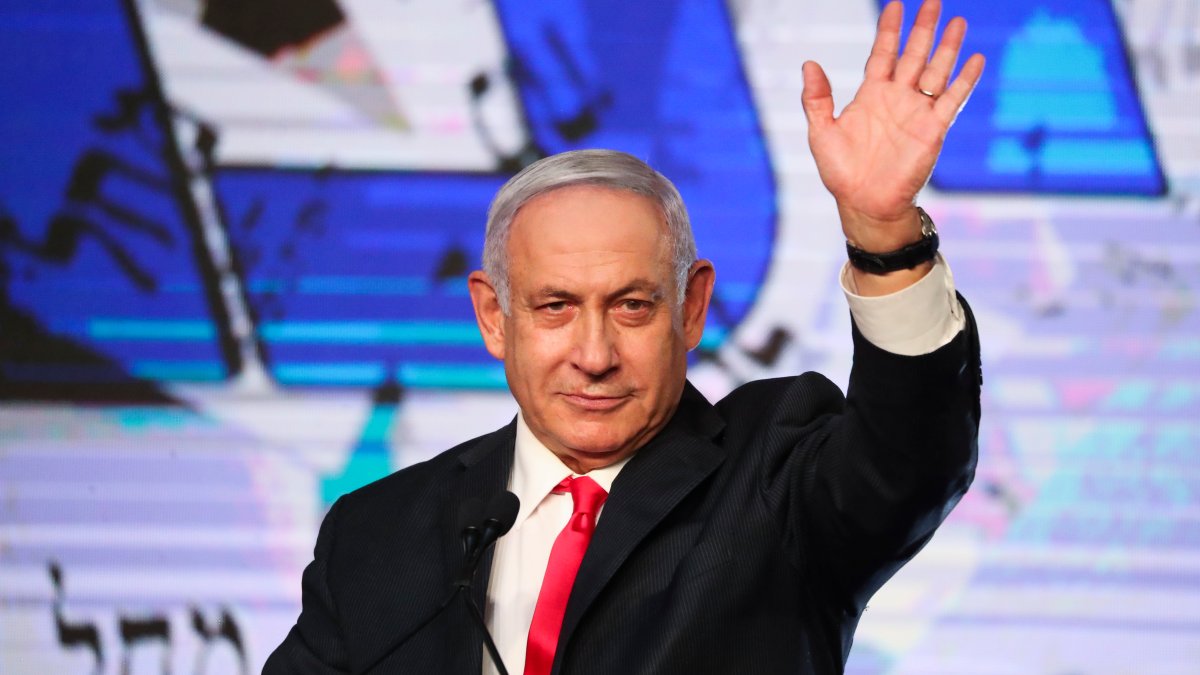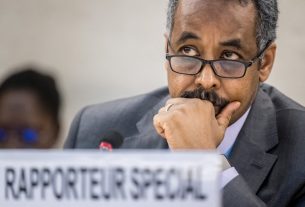In a bold move amid the ongoing conflict between Israel and Hamas, Israeli Prime Minister Benjamin Netanyahu has announced a $5 million reward for anyone who provides information leading to the safe return of hostages held by Hamas in Gaza. Netanyahu’s announcement, made in a video filmed inside Gaza, highlights Israel’s commitment to securing the release of its citizens and others who have been captured during the conflict.
A Reward for the Safe Return of Hostages
Netanyahu’s statement underscores the gravity of the situation. “Anybody who brings out a hostage will find with us a secure way for them and their family to leave [Gaza],” he said. In addition to this offer of safe passage, Israel is willing to reward the individual with $5 million for each hostage returned.
This initiative comes as part of Israel’s broader strategy to pressure Hamas by providing incentives for local individuals in Gaza who may have access to information about the whereabouts of captives. The hostages in question include both Israeli citizens and foreigners who were taken by Hamas fighters during the escalation of violence that has rocked the region.
The Humanitarian Crisis in Gaza
The issue of hostages has been one of the most distressing aspects of the ongoing conflict. The fate of those held by Hamas remains uncertain, with many fearing for their lives as the violence continues to escalate. Israel’s offer of a financial reward and secure exit for those who help free the hostages signals an urgent and desperate desire to resolve this aspect of the crisis, which has put countless families in turmoil.
Despite Israel’s offer, the dynamics of negotiating with Hamas are complex, with skepticism about the viability of any arrangement under the current conditions. Previous hostage situations have shown the difficulties in reaching agreements or securing the safe release of captives.
Israel’s Strategic Approach
Netanyahu’s promise to reward individuals who assist in bringing out hostages also serves as a strategic message to those living in Gaza, as well as to Hamas. The Israeli government hopes that the reward will create a rift within the group, potentially leading to defections or cooperation from those sympathetic to the captives’ plight. By offering a large sum of money, Israel is attempting to leverage financial incentives as a means to apply pressure on Hamas and those involved in the hostages’ detention.
This announcement follows a growing trend of Israel using economic and diplomatic pressure to bring an end to the crisis in Gaza. While military operations and airstrikes have been Israel’s primary response to Hamas, this offer reflects the complexity of the conflict, where both direct military action and humanitarian considerations are intertwined.
Global Reactions and Diplomacy
International reactions to Israel’s announcement have been mixed. While some view the reward as a pragmatic attempt to solve a humanitarian issue, others question whether it will have any real impact on Hamas, an organization that is deeply entrenched in the Gaza Strip. Furthermore, questions arise about the ethical implications of offering rewards for information in such a volatile and sensitive context.
The United Nations and human rights organizations have consistently called for both sides to engage in ceasefire talks, but diplomatic efforts have so far yielded little success. As the situation continues to unfold, the issue of hostages remains one of the most sensitive and heartbreaking aspects of the ongoing Israel-Hamas conflict.
Conclusion
Israel’s offer of a $5 million reward for information leading to the return of hostages held by Hamas underscores the urgency of resolving the humanitarian crisis that continues to plague Gaza. While it remains unclear whether this strategy will lead to the release of captives, it highlights the broader complexity of the conflict and the lengths to which Israel is willing to go to secure the safety of its citizens and others caught in the crossfire. As the situation continues to evolve, the fate of the hostages remains a central issue in international discussions about the future of peace and stability in the region.



